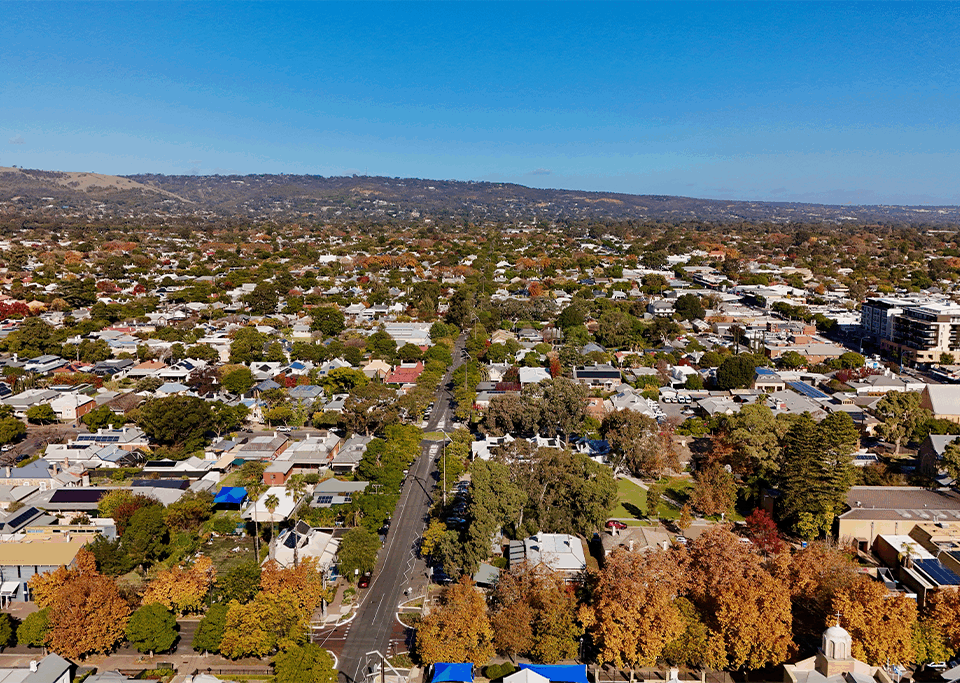
Know Your Consumer Rights – Refunds, Repairs and Replacements
December 1, 2023
Salary Sacrificing – Considering the Issues
February 6, 2024If you joined the ADF as a full-time member for the first time on or after 1 July 2016, you’re likely to be a member of ADF Super. This is a so-called “accumulation scheme”, operated by the Commonwealth Superannuation Corporation (CSC). It attracts an employer contribution of 16.4% per annum.
From that date, the old scheme, called the Military Superannuation and Benefits Scheme (MSBS or sometimes simply referred to as “MilitarySuper”), was closed to new members. The exception to this rule is for a member rejoining the ADF, having served as a full-time member prior to that date.
When we say “you’re likely to be a member of ADF Super”, we mean that the majority of new ADF members are in ADF Super from 1 July 2016. However, it’s important to note that as a result of recent superannuation choice legislation, members of the ADF may choose to be a member of any approved superannuation scheme into which the above-mentioned 16.4% per annum contribution will be made by the employer (Defence).
As a result, it’s not uncommon for newer ADF members to nominate a scheme other than ADF Super or to retain the scheme which they had with their previous employer (the latter process is often referred to as “stapling”). It’s also an option to change your nominated superannuation scheme during your career.
This certainly does not imply that ADF Super is uncompetitive. On the contrary, all we’re saying is that the choice is yours. So you should do yourself a favour by researching what’s on offer in the highly competitive superannuation marketplace to make sure that your scheme suits your needs and expectations.
If you’re a member of ADF Super (and even if you’re not) a catalyst for your research could be the fee changes that are happening in ADF Super from 1st March 2024. The impact of these changes (lower or higher) will depend upon your current balance in the scheme. Below is a short extract, direct from the relevant CSC document which we urge you to read in full:
“We’re reducing the current $7 per month ($84 per year) flat dollar Administration fee to $4 per month ($48 per year), and introducing an asset-based Administration fee of 0.05% per year. The total combined Administration fee will be capped at $25 per month ($300 per year)”.
Technically, the full document is called a Significant Event Notice and is required to be sent to members of a superannuation funds when making important changes of this nature.
Of course, superannuation is not just about fees, although they may have a significant effect on your eventual outcome. You should also consider investment returns, not just year on year, but over time. A poor performance in one year doesn’t necessarily mean a bad result forever. And then there are tax and financial strategies which, especially if adopted early on, can make a significant difference at retirement.
Here are some useful and trusted educational resources to get you started in your research:
ADF Financial Services Consumer Centre website page on superannuation, especially our FAQs: adfconsumer.gov.au/superannuation/
Australian Tax Office Superannuation Comparison Tool: ato.gov.au/calculators-and-tools/super-yoursuper-comparison-tool
Australian Securities and Investments Commission website page on choosing a superannuation fund: moneysmart.gov.au/how-super-works/choosing-a-super-fund
You may prefer to seek professional advice on your options, in which case the Centre’s website contains comprehensive information on seeking advice and choosing an adviser: adfconsumer.gov.au/getting-financial-advice/.
The Centre also hosts the ADF Financial Advice Referral Program: adfconsumer.gov.au/find-a-financial-adviser/. Importantly, the Centre is an education body. We do not provide personal financial advice, but we refer our members to licensed financial advisers who declare to us that they operate on a “fee for service” basis only (no commissions or percentage-based fees).
Remember that financial advice can be expensive, so before you appoint an adviser, we recommend that you understand the scope of the advice and its cost (and make sure you get that information in writing).
If you do your homework properly, take an ongoing active interest in your superannuation and choose your provider/s wisely (perhaps with some professional guidance), chances are that your retirement will be a much more financially comfortable experience than it would have been if you’d merely been a disinterested bystander. It’s never too late to start, but given the “magic” of compound interest on your savings, the earlier you start the better.






